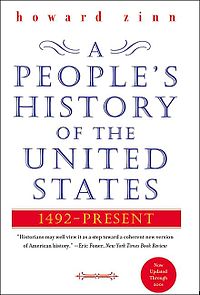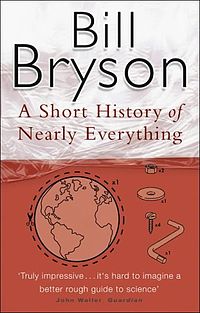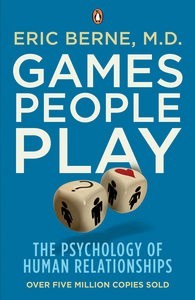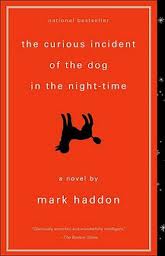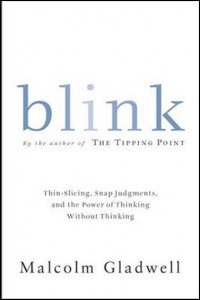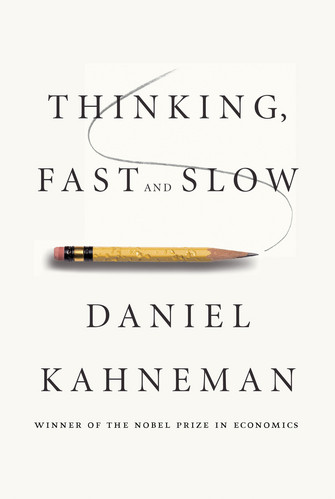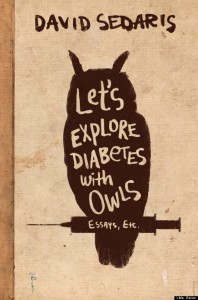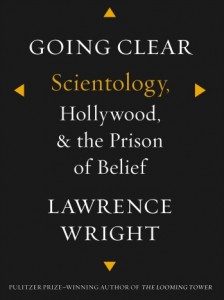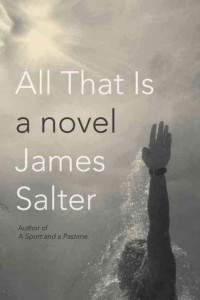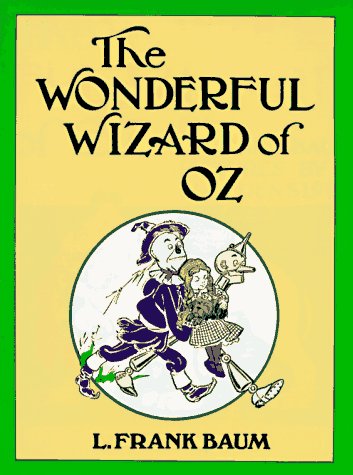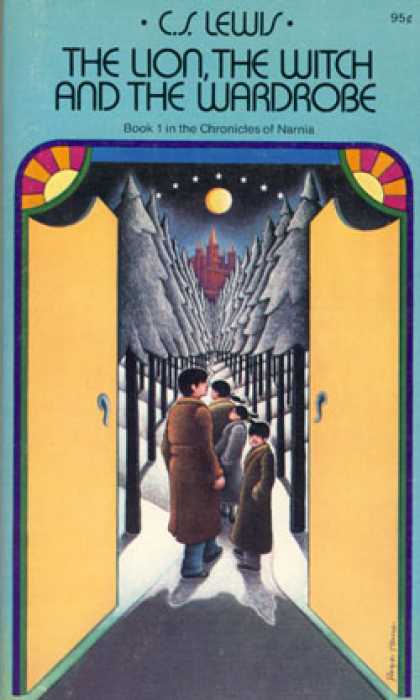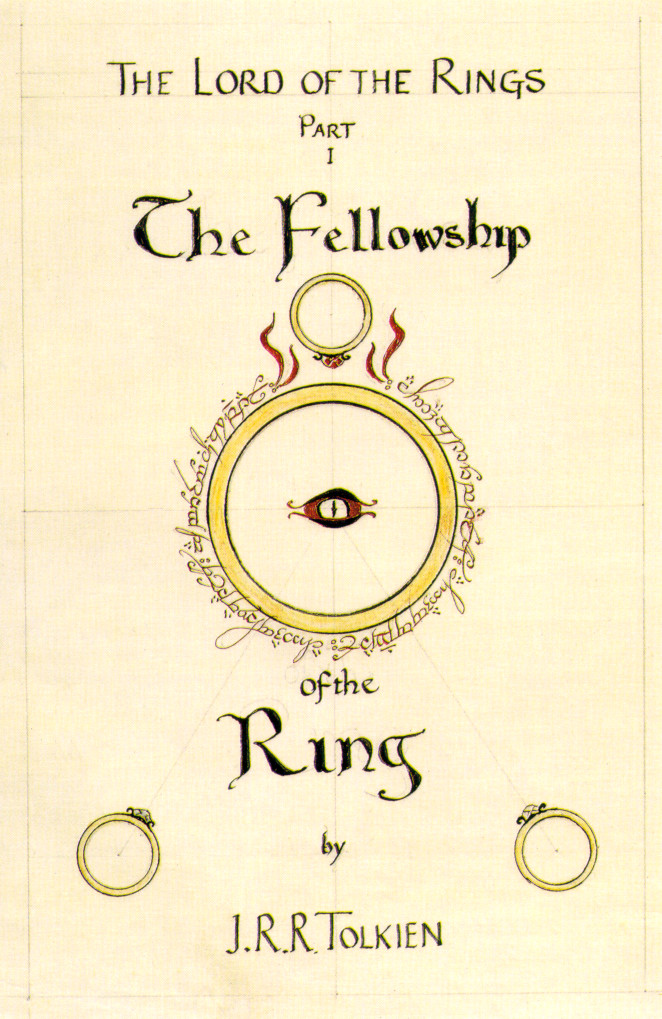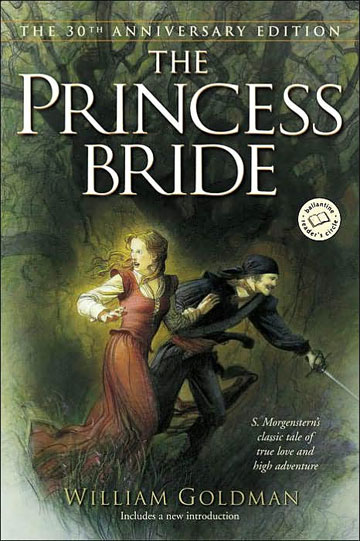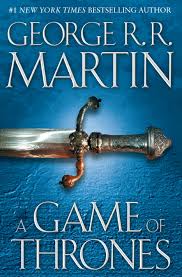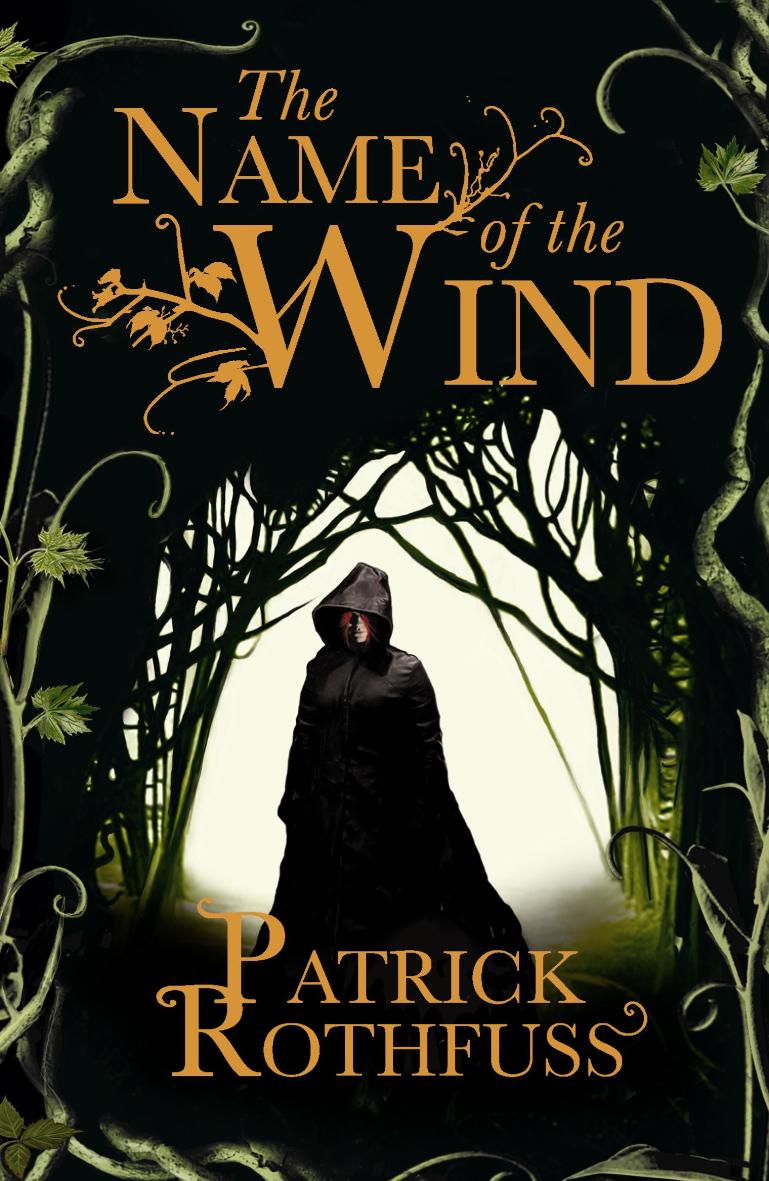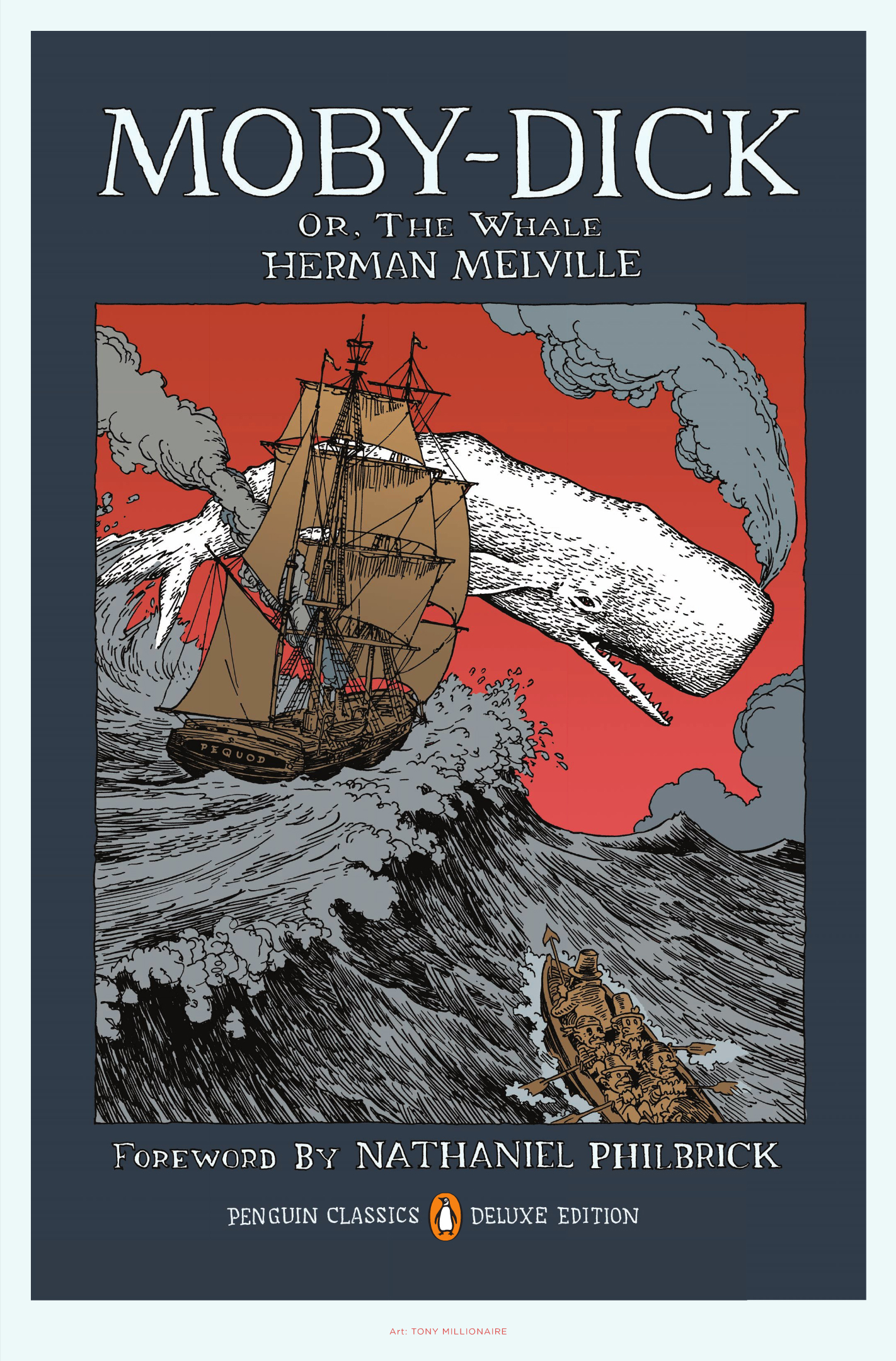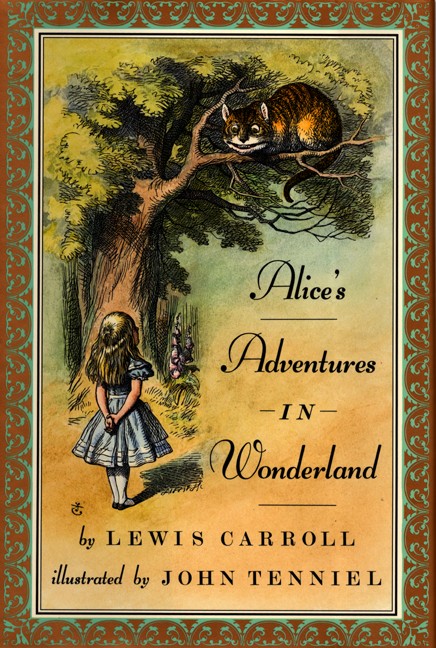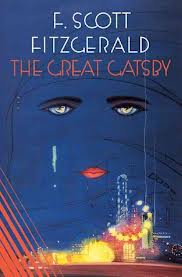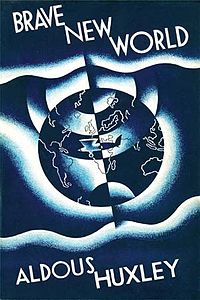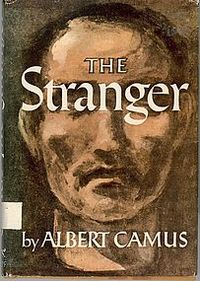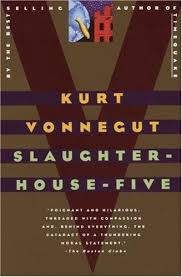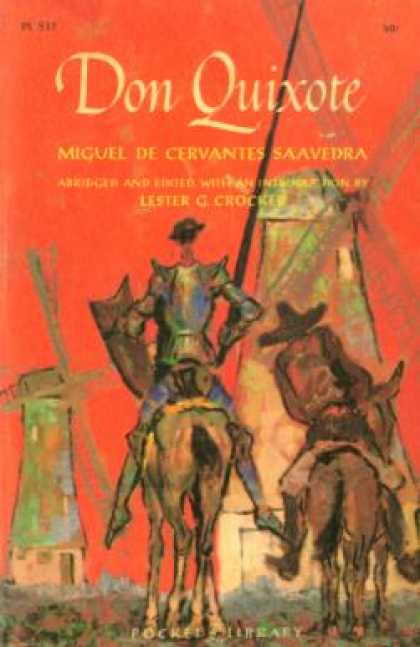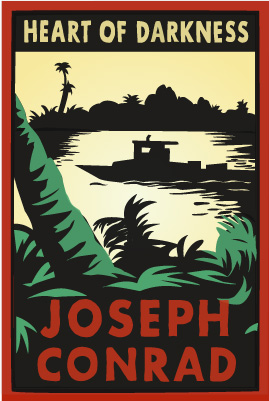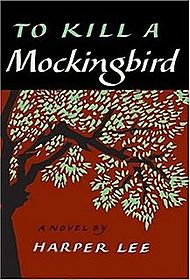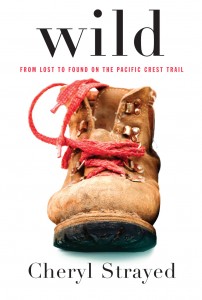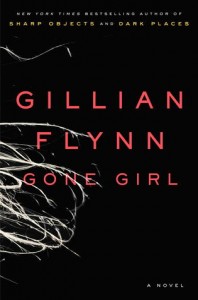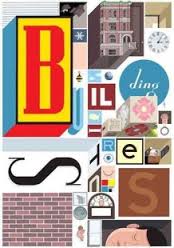One could make the argument that recording historical events, capturing the fleeting nature of time in a more durable medium, was one of the primary reasons people started writing. While ancient times saw the mixture of history and folklore, of science and superstition, even the oldest, most esoteric writings provide invaluable insight into what it meant to be human in very different eras.
Reading about history is one of the best ways to ground oneself in a firm understanding of where we’ve been as people, as well as to help understand the mistakes and triumphs of those who have come before. Simply put, learning from the past helps inform our present. Below you will find some of the best history books from recent decades, with a focus on the history of broad events and trends rather than specific biographies. These are our picks for the best books for understanding the history of the human condition.
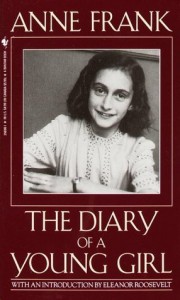 The Diary of a Young Girl by Anne Frank (1953)
The Diary of a Young Girl by Anne Frank (1953)
Anne Frank, the adolescent girl whose family hid from the Nazis in the attic of their Amsterdam home before their eventual capture and imprisonment within a concentration camp, could never have known just how many hearts her poignant diary (kept during her ordeal) would eventually touch. Possessing a mind beyond her years, she recounts both a first-hand account of the looming nightmare of the Third Reich, and also chronicles the various thoughts and musings of an adolescent who, despite the horrors around her, is still a precocious young girl. Despite the fact that she died in an concentration camp, Anne Frank’s spirit lives on in every page.
A People’s History of the United States: 1492-Present
by Howard Zinn (1980)
History is most often told through from the perspective of those in power, whether politically or economically. To help buck that trend, historian and political scientist Howard Zinn wrote his compendium of U.S. history from the view of the common person, focusing on those historical figures who fought injustice and advanced the United States as a civilization. As an example of his approach he’s said that his American hero isn’t someone like Teddy Roosevelt, who glamorized war, but Mark Twain who satirized imperialism and denounced violence.
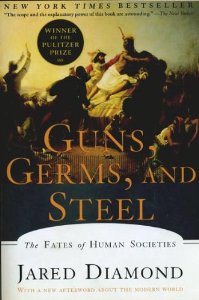 Guns, Germs, and Steel: The Fates of Human Societies
Guns, Germs, and Steel: The Fates of Human Societies
by Jared Diamond (1997)
This Pulitzer Prize-winning book delves into the subject of why Eurasian civilizations were the ones to conquer other societies from around the world and colonize those regions instead of vice versa. Diamond offers evidence that the geographic locations of the conquering civilizations had much to do with this, allowing them to produce guns and steel and develop resistances to deadly germs. Diamond’s book helps to further dress down any latent notions that genetics or inherent intellect played a role in world conquest.
A Short History of Nearly Everything by Bill Bryson (2003)
Popular scientist Bill Bryson starts from the very beginning and breaks down the history of life and its formation on Earth as he discusses the history of geology and biology in lay terms, while also simply explaining complex themes such as subatomic particles. Focusing largely on the development of Homo sapien life, Bryson also delves into the historical accounts of global catastrophic events, including earthquakes, massive storms, and volcanic activity, while speculating on how life would react to another global event like a meteor strike.
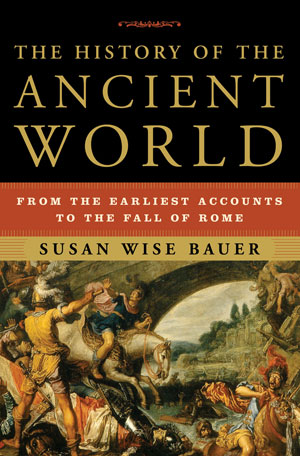 The History of the Ancient World: From the Earliest Accounts to the Fall of Rome by Susan Wise Bauer
The History of the Ancient World: From the Earliest Accounts to the Fall of Rome by Susan Wise Bauer
When we study history, oftentimes the focus is on one specific culture or event at a time. Susan Wise Bauer’s stellar book on the ancient world seeks to change that by tying together the stories of all the worlds’ people from ancient times, explaining the connections between Europe, the Middle East and China. The book also draws its narrative style from literature, traditions and even letters from the era that unlock a vibrant view into the world of both those in power and those they ruled. The individual cultures are made even more vivid when their connections to others are shown.
